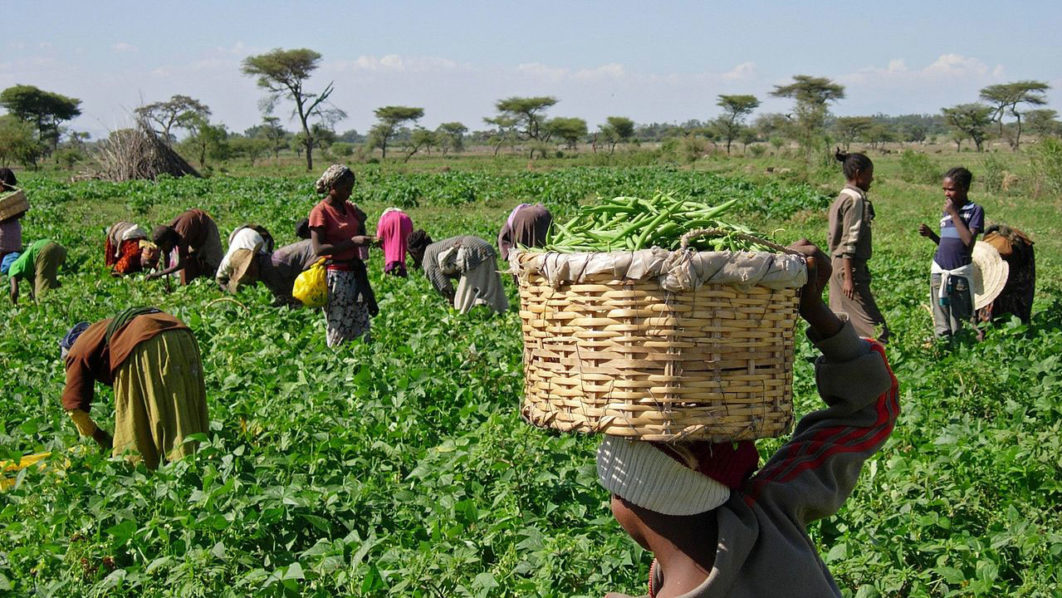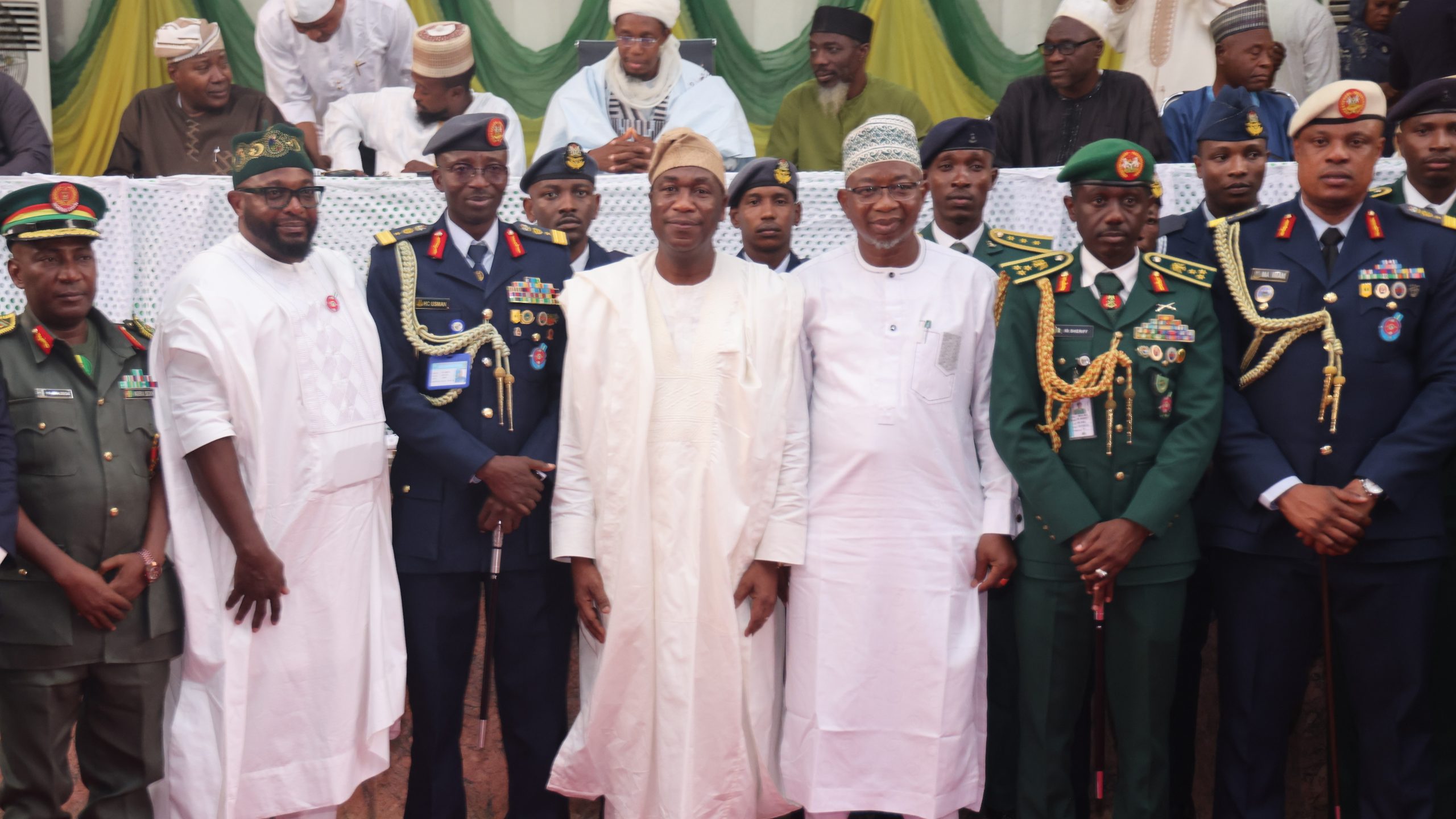
The National Agricultural Development Fund (NADF) and Heifer International Nigeria, yesterday, called for a data-driven, de-risked mechanisation model as a critical step to addressing Nigeria’s food security challenges.
Country Director of Heifer Nigeria, Dr Lekan Tobe, who spoke during a workshop in Abuja, lamented the poor management of existing mechanised equipment, which has led to inefficiencies and waste across the country.
Tobe, who expressed concern over the low level of mechanised farming in the country, revealed that only 10 per cent of Nigerian farmers utilise modern farming equipment.
In her presentation on different tractor financing and operating models at the workshop, the Country Managing Director of Hello Tractor, Dr Nneka Enwonwu, said: “Effective mechanisation requires innovative financing models. At Hello Tractor, we focus on addressing the financing and operational barriers that hinder access to mechanisation.
IN another development, the Nigeria Women for Agricultural Progress and Development Initiative (NWAPDI) has raised concerns over the rate of violence against women farmers.
President of NWAPDI, Omolara Swensson, raised the concern yesterday, in Abuja, during a train-the-trainer workshop in commemoration of 16 days of activism against gender-based violence, saying that violence against women in agriculture is not just a women’s issue.
Swensson said that when women are silenced, the agricultural communities lose their voices, innovations, and potential, as well as undermine productivity, food security, and rural development.
She, therefore, called on the government, agricultural organisations and civil societies to enact real change, strengthen laws, allocate resources, and lead by example.
Harriatu Ladi Suleiman Yakubu said that women and youths in the agricultural sector were often subjected to violence, harassment, and exploitation.






